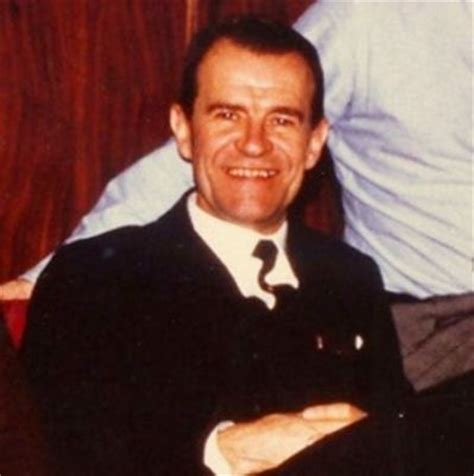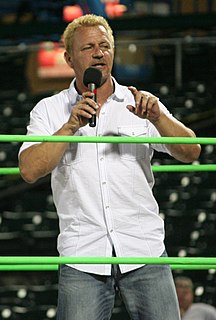A Quote by Gilbert K. Chesterton
And I will add this point of merely personal experience of humanity: when men have a real explanation they explain it, eagerly and copiously and in common speech, as Huxley freely gave it when he thought he had it. When they have no explanation to offer, they give short dignified replies, disdainful of the ignorance of the multitude.
Related Quotes
Real scientists are required to play by the rules without exception. Creationists follow the rules of science only so long as it is expedient. Then they resort to miracles. But resorting to miracles is not offering an explanation: it is asserting that no real explanation exists. Whenever creationists resort to miracles, they are admitting that their system cannot account for the facts of nature; it cannot explain the world.
In drawing an inference or conclusion from facts proved, regard must always be had to the nature of the particular case, and the facility that appears to be afforded, either of explanation or contradiction. No person is to be required to explain or contradict, until enough has been proved to warrant a reasonable and just conclusion against him, in the absence of explanation or contradiction.
I don't think God is an explanation at all. It's simply redescribing the problem. We are trying to understand how we have got a complicated world, and we have an explanation in terms of a slightly simpler world, and we explain that in terms of a slightly simpler world and it all hangs together down to an ultimately simple world. Now, God is not an explanation of that kind. God himself cannot be simple if he has power to do all the things he is supposed to do.
There is no explanation you can give that will explain away all the sufferings and evil and torture and destruction and hunger in the world! You'll never explain it. Because life is a mystery, which means your thinking mind cannot make sense of it. For that you've got to wake up and then you'll suddenly realize that reality is not the problem, you are the problem.
There's no obvious reason to assume that the very same rare properties that allow for our existence would also provide the best overall setting to make discoveries about the world around us. We don't think this is merely coincidental. It cries out for another explanation, an explanation that... points to purpose and intelligent design in the cosmos.





































